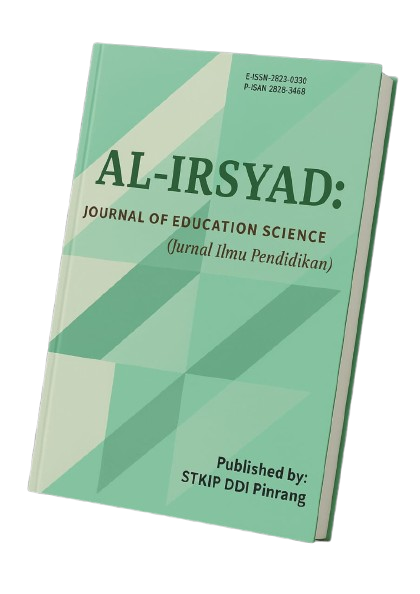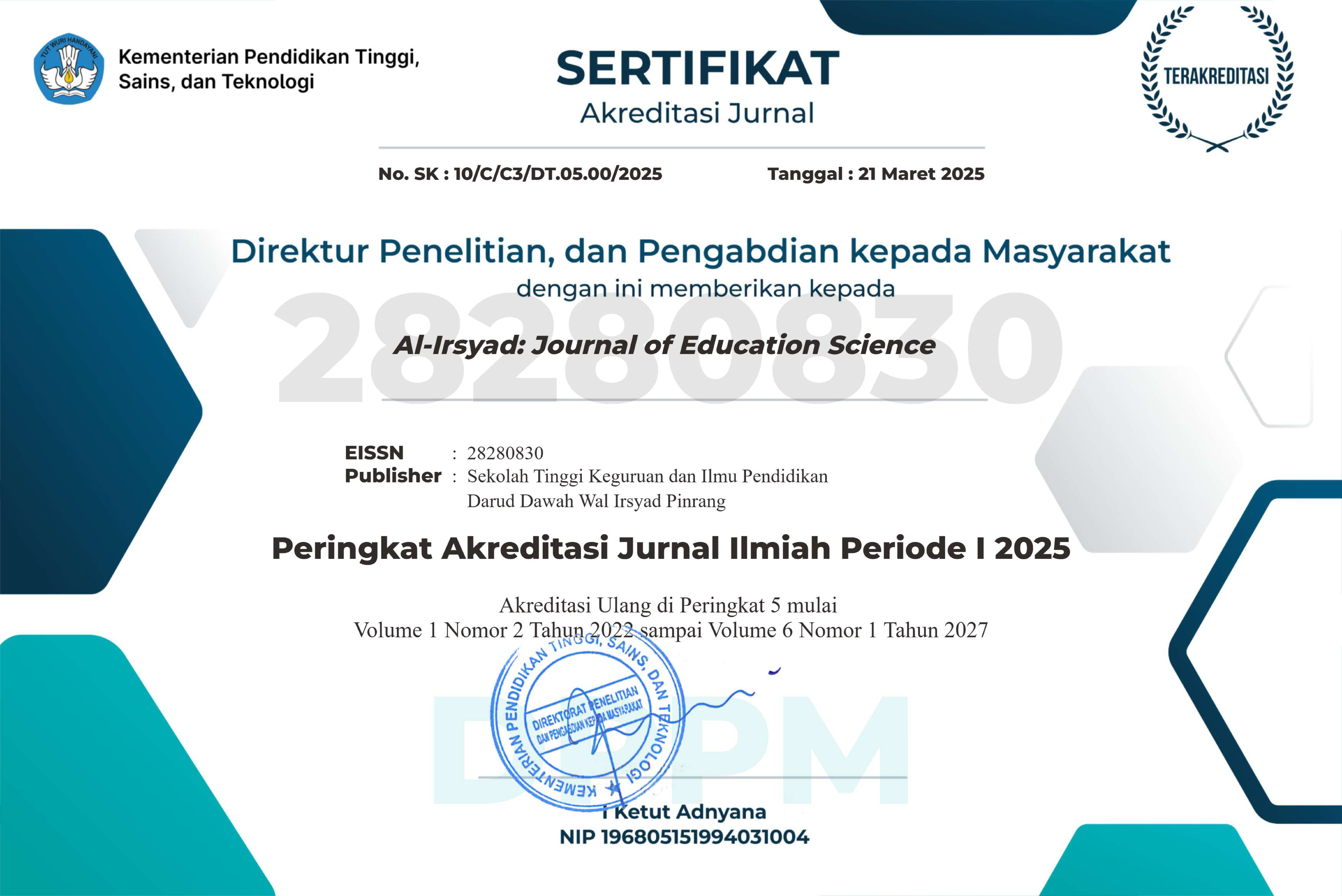THE ROLE OF MULTILINGUALISM IN ENHANCING THE LANGUAGE EXPERIENCE OF K-POP FANS
DOI:
https://doi.org/10.58917/aijes.v4i2.167Kata Kunci:
K-pop Fandom, Language Motivation, MultilingualismAbstrak
This research explores the role of multilingualism in enriching the language experiences of K-pop fans. The study is driven by the need to understand how multilingual interactions among fans and idols contribute to language acquisition, emotional engagement, and cultural exchange within fandom communities. Employing a descriptive qualitative method, data were gathered through observations, semi-structured interviews, and documentation, focusing on fans from the LUNÉ and ARMY fandoms. This study addresses the gap in previous research, which rarely examines fans' emotional and social experiences with multilingual content. Findings reveal that multilingualism not only motivates fans to learn languages such as Korean, Japanese, and English but also enhances their engagement in transnational fan communities. Fans actively participate in code-switching, use translation tools, and engage in multilingual conversations on platforms like WhatsApp, Weverse, and Twitter. The research concludes that multilingualism significantly shapes fans’ linguistic practices, strengthens emotional bonds with idols, and promotes meaningful cross-cultural communication. These findings underscore the educational and social value of multilingualism within global fandoms, positioning it as a powerful driver of informal language learning.
Referensi
Adiwijaya, S., et.al. (2024). Buku Ajar Metode Penelitian Kualitatif. Jambi, PT. Sonpedia Publishing Indonesia.
Fadhallah. (2021). Wawancara. Jakarta Timur, UNJ Press.
Fiantika, F. R., et.al. (2022). Metodologi Penelitian Kualitatif. Sumatera Barat, PT. Global Eksekutif Teknologi.
Kumara, A. R. (2018). Metodologi Penelitian Kualitatif. Universitas Ahmad Dahlan.
Li. W., & Moyer. M. (2008). The Blackwell Guide to Research Method in Bilingualism and Multilingualism. Malden, USA, Blackwell Publishing.
Miles, M. B., Huberman, A. M., & Saldaña, J. (2014). Qualitative Data Analysis: A Methods Sourcebook (3rd ed.). SAGE Publications.
Saptadi, N. T. S, et.al. (2024). Pendidikan Multilingual: Teori dan Praktik. Banten, Sada Kurnia Pustaka.
Annisa. L. (2023). Jenis, Sebab, dan Dampak Multilingualisme Masyarakat Balikpapan. Journal Deskripsi Bahasa, 6 (2), 139-153. Retrieved from https://doi.org/10.22146/db.v6i2.9392
Braun, V., & Clarke, V. (2006). Using thematic analysis in psychology. Qualitative Research in Psychology, 3(2), 77–101. Retrieved from https://doi.org/10.1191/1478088706qp063oa
Cenoz, J. (2013). Defining Multilingualism. Annual Review of Applied Linguistics, 33, 3–18. Retrieved form https://doi.org/10.1017/S026719051300007X
Humaera, I., Sardi, A., Akbal, F. A., Amir, A. S., Hasyim, R., & Noni, N. (2023). EFL Students' Entrepreneurial Tendencies: Is It a Misdirected Issue?. EduLine: Journal of Education and Learning Innovation, 3(3), 444-453.
Jang, G., & Paik, W. K. (2012). Korean Wave as Tool for Korea’s New Cultural Diplomacy. Advances in Applied Sociology, 2 (3), 196-202. Retrieved from http://dx.doi.org/10.4236/aasoci.2012.23026
Jin. D. Y. (2018). An Analysis of the Korean Wave as Transnational Popular Culture: North American Youth Engage Through Social Media as TV Becomes Obsolete. International journal of Communication, 12, 404–422. Retrieved from https://ijoc.org/index.php/ijoc/article/view/7973
Prasanti. D. (2018). Penggunaan Media Komunikasi Bagi Remaja Perempuan Dalam Pencarian Informasi Kesehatan. Jurnal Lontar, 6 (1), 13-21. Retrieved from https://doi.org/10.30656/lontar.v6i1.645
Putri, B. P. C., Sarosa, T., Monic, A., & Yulian, A. (2024). Multilingual K-Pop Idols’ Influence on Language Acquisition Among Surakarta K-Popers. JALL: Journal of Applied Linguistics and Literacy, 8 (1), 158-172. Retrieved from https://dx.doi.org/10.25157/jall.v8i1.13071
Korea Foundation. (2023, April). Global ‘Hallyu’ Fans Exceed 178 Million. Korea Foundation Newsletter, 232. Retrieved from https://www.kf.or.kr/kfNewsletter/mgzinSubViewPage.do?mgzinSn=14061&mgzinSubSn=26490&langTy=ENG
Cambridge University Press. (n.d.). Multilingual. In Cambridge Dictionary. Retrieved from https://dictionary.cambridge.org/dictionary/english/multilingual
Oxford University Press. (n.d.). K-pop, n. In Oxford English Dictionary. Retrieved from https://www.oed.com/dictionary/kpop_n?tab=meaning_and_use&tl=true#1329922960
Unduhan
Diterbitkan
Cara Mengutip
Terbitan
Bagian
Lisensi
Hak Cipta (c) 2025 Siti Munawaro, Rini Anjelika, Sawitri Puspita Sari

Artikel ini berlisensi Creative Commons Attribution 4.0 International License.























